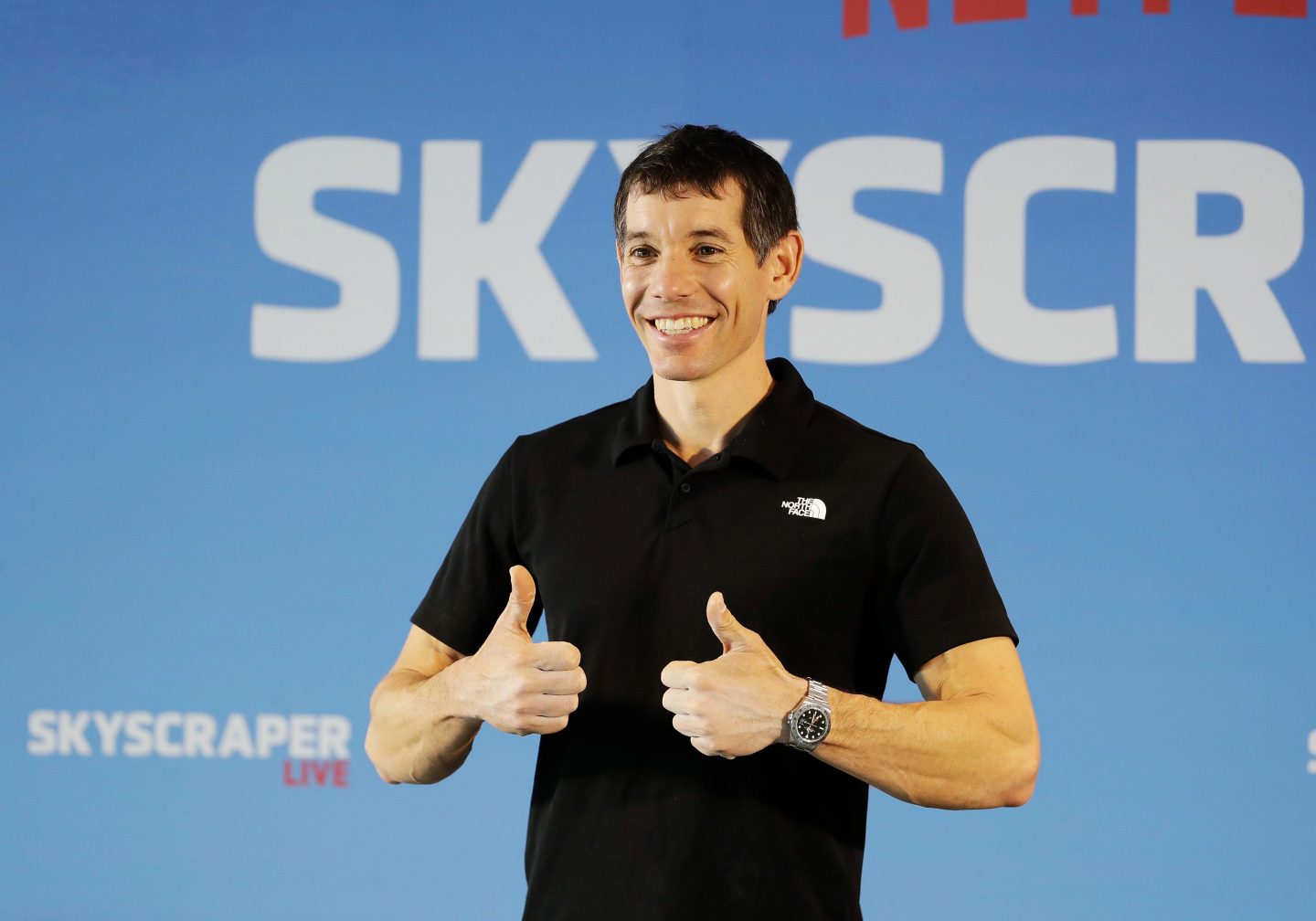The Bartesian, a $350 Keurig-like machine that makes cocktails on demand, was not made for me.
I’m a 30-year-old woman living in a small apartment in Brooklyn who avoids sugary mixed drinks and prefers wine anyway. And yet, I can’t stop seeing the thing. The Instagram ads clog my feed, and every time I open Amazon, it’s suggested to me. At one point, I saw a friend screenshot and post the ad to his own Instagram story, making fun of it. “Juicero walked so Bartesian could run, basically,” he wrote. But when I asked him about it, he admitted that he “secretly wanted to try it.”
So when I got an email from a representative for the brand asking if I wanted to review the Bartesian and interview CEO and founder Ryan Close, I thought I might as well. I’ve been stuck inside my apartment for three months at this point, and my Ikea kitchen island is the closest I’ll be getting to a bar anytime soon.
The machine that spits out Cosmopolitans and Long Island Iced Teas in a few seconds would be a fun novelty, I thought. Something to distract me from endless and often pointless COVID-19-adjacent chatter, which causes me to oscillate between feelings of panic and boredom.

There’s certainly an element of escapism that comes along with the machine. Instead of someone self-isolating in a railroad unit with no AC at the global epicenter of a pandemic, I could be transported into the ranks of suburbanites who fire up their turbo grills each night in their lush backyards. Sounds nice right about now.
“Our core customers are relatively young couples with small children in a lot of homes in California by the pool, typically well-to-do families who want premium cocktails,” Close told me from his driveway on a Saturday morning phone call. “Our focus is a Monica-from-Friends type, the hostess with the mostess, who wants to have everything perfect for guests who come over.”
But guests can’t come over. And in a moment when most facets of life are categorized into essential and nonessential, this fits squarely into the latter category. Is this really the time to be keeping up with the Joneses?
Apparently so!
According to Close, sales of the Bartesian have increased significantly. While the private company doesn’t reveal specific numbers, he said he’s seen more than a 150% month-over-month increase in sales. The product has sold out on Amazon.
“An uptick would be conservative; I would call it meteoric,” Close said. “It could have gone either way for us. People maybe were just going to stock up on beer. We didn’t know.” After seeing a report that liquor sales were surging, he said his company made internal adjustments to prepare for a potential increase in sales. “This isn’t going to end anytime soon, and even when it does, it’s not like people are going to fill up bars and restaurants.”
But it’s not just the Monica-from-Friends-types who are promoting the brand. There’s another element to it: the college crowd. There’s a certain novelty to a machine that can spit out margaritas on demand that appeals to toga-wearing frat bros, and Close doesn’t deny that.
A recent TikTok video made by someone who had received the device for her 21st birthday received nearly 1.5 million views, and according to Bartesian led to nearly 500% month-over-month growth within one weekend. “I recall when I was in college I’d spend $80 to $100 a night, no problem, at the bar,” said Close. “So I think if I’m a student and putting a few hundred bucks aside or even splitting the machine, it makes sense financially.”
But he stressed that this isn’t his core customer. While he certainly doesn’t shun the Gen Z crowd, he seemed more excited about being listed as one of Oprah’s favorite things in 2019. “We got an email saying Oprah has been trying it, and Gayle [King] and the whole team are in love with it,” he told me.
Oprah, in her review, wrote that while her house manager Eddie often fixes fresh cocktails for her, “this mechanical bartender is a great backup.”
I don’t have an Eddie in my life, but I do see where Oprah is coming from. There’s a certain feeling that comes from muddling your own mint or shaking your own drink that mechanics can’t replicate, but this is a good backup.
When the package and capsules finally arrived at my house, I found them very intuitive and easy to set up. You do have to supply your own booze, and the pods that service the machine retail at around $20 for a six-pack. Even if you buy the cheapest vodka, gin, rum, tequila, and whiskey (that’s what the machine suggests you have), that’s another $100.
All in all, grabbing a bottle of Tito’s Handmade Vodka and a bottle of seltzer water is much, much cheaper.
But this was fun, and the drinks were very, very tasty.
I tried the margarita, the Old-Fashioned, and the Cosmopolitan (over the course of a few days), and they were all bar-quality—if not better. Not too sweet, not too tart. Really, just right. You can also customize the drink strengths from mocktail to light to regular to strong. Close tells me that in his research, 80% of people go for something other than “regular.”
There were some issues. The machine tended to spray a bit, emitting a sticky substance that I needed to clean up afterward. It doesn’t make ice, and in my no-AC apartment, the drinks came out very warm. It’s a big machine. It took up all of my counter space, but I’m working with a New York City kitchen here.
Some drinks, like the Cosmopolitan, came with instructions to shake afterward. Why am I paying $350 for a machine that makes cocktails only to have to remake the cocktail afterward?
Close explained it to me. The drinks his machine makes, he said, “require muddled cilantro and white peach. You’re not going to have pineapple juice and coconut and some of the bitters or Aperol or liquors from Italy; you’re not going to have those ingredients. We make cocktails people love, and they’re likely not going to have the ingredients or want to buy a $40 bottle for a few drops and then maybe screw up the drink anyway.”
Good point. My bar cart has years-old bottles of sweet vermouth and chartreuse that I’ll likely never use again. This machine certainly prevents the grandma-liquor-cabinet situation with dusty, sticky bottles of peach schnapps that probably predate the Cold War.
Still, the whole time I couldn’t help but think that this would make more sense in a WeWork or hotel lounge than in a home. I’m not the only one. Close told me that investors initially wanted to market the machine as a commercial product, but that he pushed back. “I didn’t disagree with them, but we were obsessed with customer feedback. We tracked 2,000 customers and they all wanted it in their house,” he explained.
Close’s company has deals with American Airlines, Hyatt Hotels, Wrigley Field in Chicago, and roughly 10 more stadiums around the country. “But, obviously, those all went on hold for the last three months,” he said. “Thankfully, we have the individual consumer.”
It certainly was fun to escape the mundanity of my life for a few evenings, but every great escape has to come to an end at some point. Practicality sets in. I’ll probably just stick to my Tito’s sodas and Sancerre.












